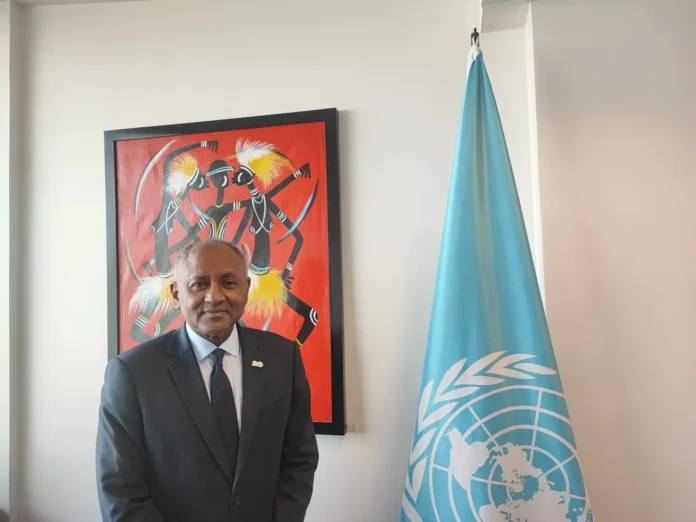Kuwait’s Leading Role in Promoting Culture and Knowledge in the Arab World
Kuwait’s significant contribution to the Arab world’s cultural and educational development firmly establishes it as a leading figure in promoting cultural heritage and knowledge, making a strong case for its designation as the capital of Arab culture. The country’s initiatives in fostering regional and international cooperation, along with its focus on advancing education, culture, and peace, are widely recognized by global institutions.
UNESCO’s Assistant Director-General, Firmin Edouard Matoko, recently highlighted Kuwait’s pivotal role in the Arab region’s growth, particularly through its support for education and culture. In an interview, he emphasized that Kuwait’s consistent efforts to foster cooperation and promote human development have played a central role in shaping a prosperous future for the region.
Kuwait’s influence in the cultural sector is especially evident in its commitment to preserving and enhancing cultural heritage. The country has actively participated in several significant international agreements, including the 1954 Hague Convention, the 2001 Convention on the Protection of Underwater Cultural Heritage, and the 1970 Convention, which aims to prevent the illicit trafficking of cultural property. These contributions showcase Kuwait’s dedication to safeguarding the cultural treasures of the Arab world and beyond.
In addition to preserving cultural heritage, Kuwait’s involvement extends to supporting UNESCO’s relief efforts in the wake of the 2020 Beirut port explosion. The country’s generous funding allowed for the revival of cultural life within affected communities, fostering creativity and supporting cultural production as part of Lebanon’s reconstruction efforts.
Kuwait has also played a critical role in supporting educational opportunities for youth affected by the ongoing crisis in Syria. The country allocated USD five million from 2016 to 2021 to fund UNESCO’s educational programs across Syria, Iraq, Jordan, and Lebanon. This financial support helped nearly 4,000 refugee youth continue their secondary education, covering registration fees, school materials, and creating programs to motivate students to stay engaged with their studies.
The partnership between UNESCO and Kuwait spans all aspects of the organization’s work. As a member since 1960, Kuwait continues to strengthen its collaboration with UNESCO, particularly after being elected to the UNESCO Executive Board in 2021. This election not only highlights Kuwait’s influential role in shaping international policies but also reflects its steadfast commitment to advancing UNESCO’s mission worldwide.
Kuwait’s leadership extends beyond education and culture, as evidenced by its active involvement in UNESCO’s initiatives aimed at regional recovery. Its participation in the 2020 “For Beirut” campaign, which focused on supporting the Lebanese capital’s reconstruction through education, culture, and media, underscores the nation’s dedication to regional cooperation and solidarity.
Kuwait’s commitment to social inclusion is also apparent in its recognition of the late Amir, Sheikh Jaber Al-Ahmad Al-Jaber Al-Sabah, for his efforts to empower people with disabilities through digital technologies. This award embodies Kuwait’s ongoing dedication to creating a more inclusive and accessible society for all.
Through its wide-reaching contributions and dedication to advancing education, culture, and peace, Kuwait continues to exemplify leadership and vision in the Arab world, reinforcing its position as a beacon of progress and cooperation.


